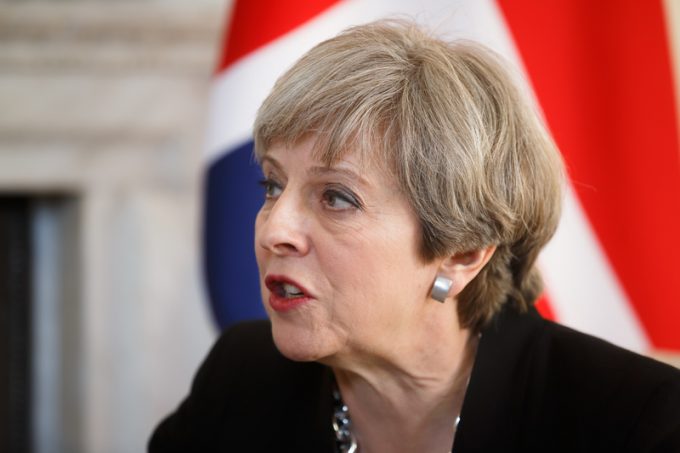Surprise meets Virgin Atlantic Cargo's 'bizarre' daily cargo flight to Brussels
Today’s decision by Virgin Atlantic Cargo to put on daily widebody cargo–only flights between London ...

Economists have warned that trade is likely to come to a halt if the UK fails to negotiate a deal in leaving the European Union.
Contrary to claims from Theresa May on her campaign trail that “no deal is better than a bad deal”, the chief economist and director of policy at ADS Group, Jeegar Kakkad, said no deal would be the “worst” option.
“A bad deal is one with regulatory and economic divergence,” he said. “It may require more forms be filled out, ...
USTR fees will lead to 'complete destabilisation' of container shipping alliances
Outlook for container shipping 'more uncertain now than at the onset of Covid'
Flexport lawsuit an 'undifferentiated mass of gibberish', claims Freightmate
Cancelled voyages take the sting out of spot rate declines this week
Shippers warned: don't under-value US exports to avoid tariffs – 'CBP will catch you'
New Houthi warning to shipping as rebel group targets specific companies


Comment on this article
David Snell
May 19, 2017 at 2:28 pmAm I missing something in all these discussions?? Anyone would think that it is governments – rather than individuals and companies, who trade overseas. Governments (with the possible exception or weapons deals) do not buy and sell goods, companies do that. A trade deal isn’t what it sounds…rather it is an arrangement to help facilitate exports and imports. UK companies will continue to export and import after BREXIT, regardless of what trade deals are agreed….
David Stevens
May 19, 2017 at 2:42 pmI agree with you D Snell, what complete and utter nonsense although reading this article you would think the UK is doomed trade wise or are these fake scenarios opposed fake news or even wishful thinking on behalf of those scaremongers with a vested interest in such doom & gloom?